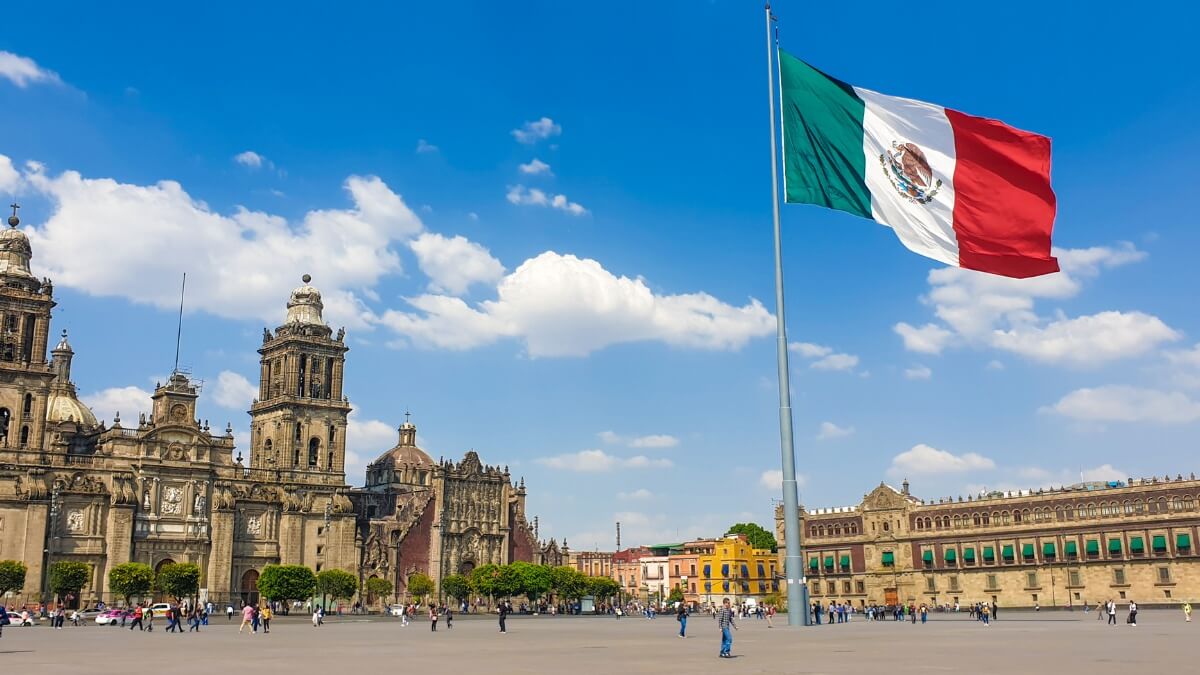Mexico’s standing as a VPN server location is complex, with the Privacy Protection Index (PPI) rating it as “Average,” suggesting that it is generally trustworthy, but it is important to proceed with healthy skepticism. On one hand, Mexico has made strides in promoting internet freedom and has not been known for pervasive online censorship. The country is not part of any intelligence-sharing alliances such as the Five Eyes, Nine Eyes, or Fourteen Eyes, which may alleviate some concerns about international data sharing and surveillance.
Freedom of expression in Mexico is constitutionally protected, which includes the right to access information and technologies, as stated in Article 6. However, the digital landscape presents challenges. While the government doesn’t typically take action against websites or individuals for online speech, issues like violence and threats against journalists and activists, particularly those criticizing government actions or involved in reporting organized crime, are concerning. This creates a chilling effect on free speech and underscores the importance of digital rights and secure communication platforms.
In regards to peer-to-peer sharing and torrenting, Mexico does not appear to have strict enforcement, and torrent websites are not usually blocked. That said, copyright laws exist in Mexico, and illegal downloading of copyrighted material technically falls under infringement. However, given the lack of resources and perhaps prioritization, the enforcement of copyright law, particularly against individual users, is often overlooked. It’s a grey area that underlines the complexity of digital rights, and the balance between the sharing of information and respect for intellectual property.
When it comes to government surveillance, Mexico has had incidents that raise concern. Notably, the government’s alleged use of the Pegasus software to surveil journalists, activists, and political opposition figures in 2017 sparked international criticism. As for data retention, the Federal Telecommunications Institute requires telecom providers to store communication data for two years, which includes users’ metadata but not the content of the communications themselves. This has raised questions about privacy and potential misuse of data.
Mexico is not part of the Nine Eyes or Fourteen Eyes intelligence alliances, which could be seen as a positive for digital privacy. However, the country’s relationship with other nations, particularly its northern neighbor, the United States, raises other concerns about shared surveillance and data.
Mexico has taken steps towards protecting privacy, including passing the Federal Law on the Protection of Personal Data in 2010. This law requires consent for data collection and provides individuals the right to access, rectify, cancel, or oppose the use of their personal data. However, the effectiveness of these regulations is an ongoing subject of debate, as enforcement can be challenging and violations often go unpunished.
The use of Virtual Private Networks (VPNs) is legal in Mexico and growing in popularity. They offer an additional layer of security and privacy for internet users, especially given concerns about surveillance and data retention. VPNs encrypt data, making it harder for any prying eyes to access or understand it, and can help users maintain their autonomy and protect their personal information online.
Mexico also has laws protecting digital privacy in the workplace. The Federal Labor Law restricts employers from violating the privacy of their employees’ correspondence. However, the extent of these protections in the age of remote working and digital communication is an ongoing topic of discussion and potential legislation.
In conclusion, Mexico’s relationship with digital rights, technology, and privacy is complex and multifaceted. As the country grapples with the balance between individual rights and security, citizens and advocacy groups must remain vigilant to prevent any potential slide towards excessive surveillance or restriction. The autonomous regulation of internet use, through tools like VPNs and secure communication platforms, can help individuals maintain control over their digital presence and exercise their rights in the digital world.

Leave a Reply